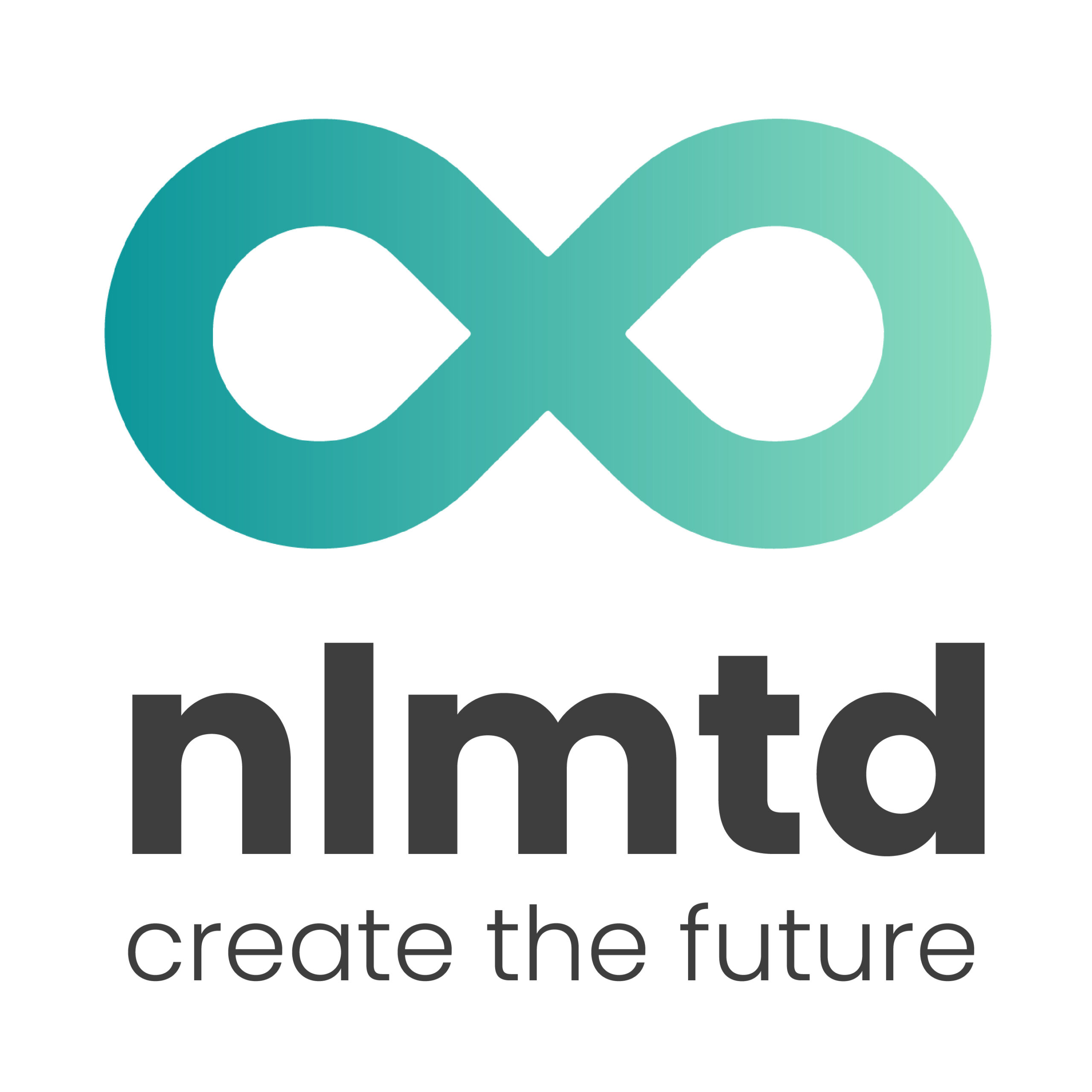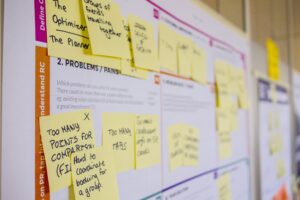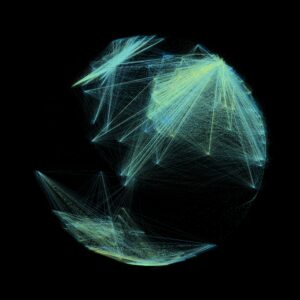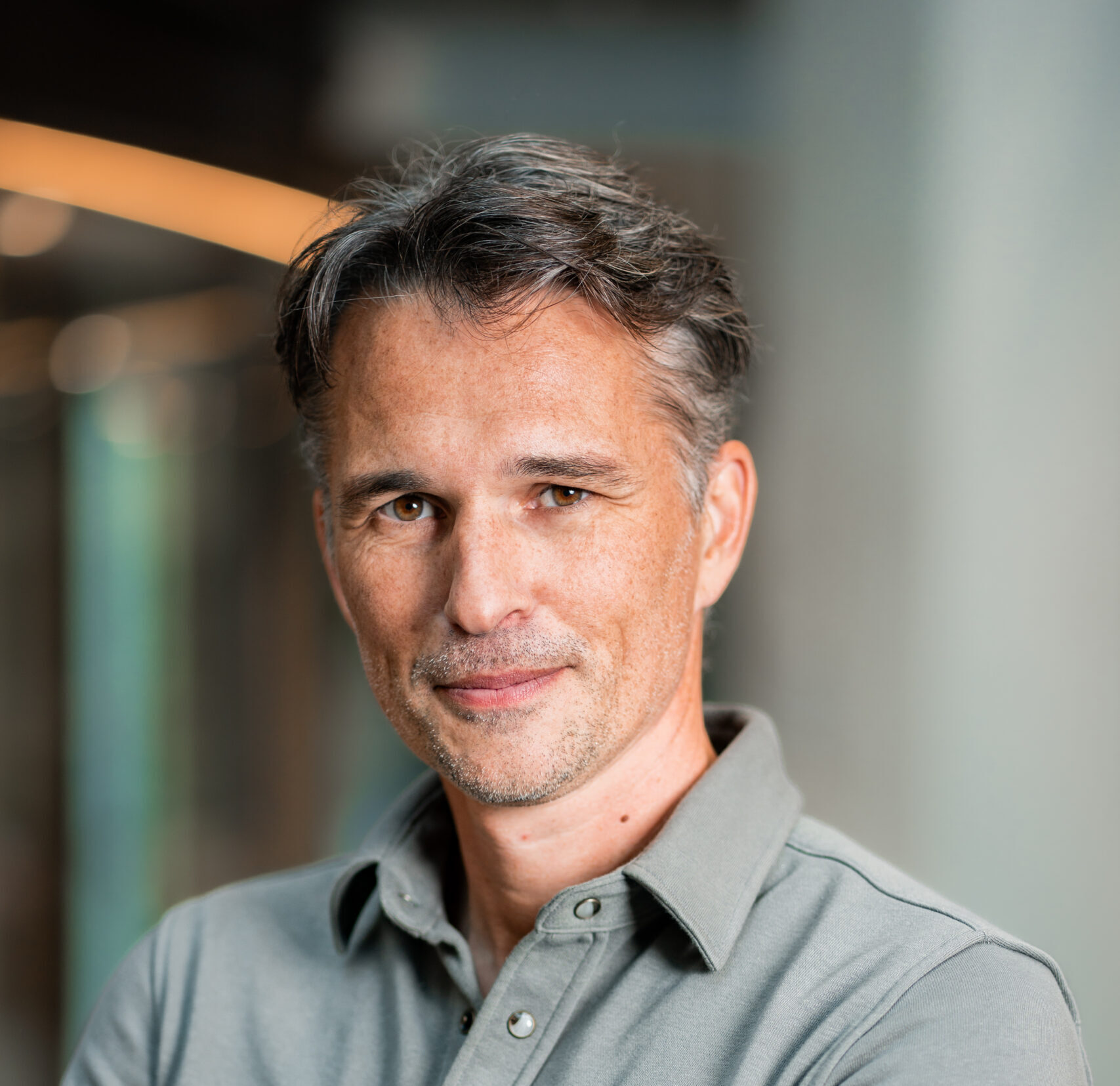
Flip van Dijk
Director
Flip is an experienced strategy consultant and transformation leader. He helps organizations grow, professionalize and create sustainable value. In his work, he combines board-level advice with hands-on leadership and has extensive experience in strategy, M&A and large-scale transformations. Flip believes in the power of strong teams and increasingly focuses on sustainability and digitalization as key to future-proof growth.
Share this article
Flip van Dijk is a strategist at heart. His penchant for solving complex puzzles brought him into the consulting business 23 years ago. Now Van Dijk has joined nlmtd, because he wants above all to make a positive impact today. But he approaches that too as a puzzle: "Every piece has to fit, sustainability only works if you link it to a good revenue model."
‘Everything revolves around money’ – it is a cliché, rule of thumb and indictment all in one. An economy in which money was considered the only form of value for centuries has seriously damaged the livability of our planet.
Flip van Dijk agrees that companies nowadays are expected to look further ahead than just the quarterly figures. However, that same long-term vision must also be applied to sustainability. And that means that money must continue to play a role.
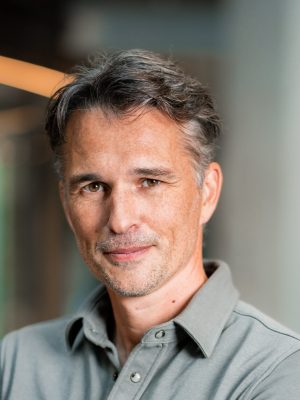
“I sometimes get a little dirty looks when I say it,” he begins, “but you also have to earn something from it. Otherwise it’s unsustainable in the long run, and therefore unsustainable. So yes, absolutely commit to making your organization, services or products more sustainable. Just make sure you link it to a working revenue model. It has to be part of your business model.”
Solving complex puzzles
In other words, everything has to fit together. You could see it as the rule of thumb in Van Dijk’s career. It ties in with his background as an engineer, although after studying mechanical engineering at TU Delft, he turned in a different direction fairly quickly. Van Dijk worked as a researcher for another year and then chose the consulting industry.
At Accenture, he worked for four years on numerous strategy and execution projects. In 2007, he transferred to ABN AMRO, where he advised the board during the turbulent period that was to follow. As such, he played a key role in setting the strategic direction – from a demerger to acquisitions, integrations and ultimately the bank’s IPO.
"An important part of my strength lies in connecting strategy and data."
- Flip van Dijk (nlmtd)
It turned out to be right up his alley. “I enjoyed the intellectual challenge of complex issues,” he says. “Trying to turn that complexity back into something simple and understandable. Really focusing: separating main issues from side issues and translating them into a sharp strategy.”
Data played a key role in this from day one. “An important part of my strength lies in connecting strategy and data. A plan does have to be based on facts; I want to know the underlying numbers. That’s where the engineer in me comes around the corner again.”
From five laptops to a thousand employees
After six exciting years at ABN AMRO, Van Dijk returned to the consulting industry. A PwC partner he worked with at the bank told him that he and two former colleagues were starting a new consulting firm and asked if Van Dijk wanted to join.
The idea was to build a club of “about thirty men.” Ten years later, Metyis, as the agency would eventually be called, had more than a thousand employees in 12 countries.
“So we didn’t succeed very well in our initial plan,” Van Dijk laughs. “But it was an incredibly beautiful journey. When we went to MediaMarkt to buy our first five laptops, I never would have believed that I would end up co-leading an organization that operates on multiple continents.”
Contributing to something good
For Van Dijk, that journey came to an end in 2023. After ten years of Metyis, he was ready for something new. Moreover, his priority lay elsewhere: his wife was struggling with lung covid, and partly because of that, he also wanted to free up more time for his three daughters.
For six months he focused on that. Then, fortunately, things started to move in the right direction with his wife, and he decided to return to work – this time self-employed. Meanwhile, his professional priorities had also shifted.
“These days, I especially want to create impact. Contribute to something good,” he explains. “That can be something small – helping someone further – or something bigger, like coming up with a strategy that can make an entire company more sustainable.”
"I chose nlmtd primarily because of its focus: working with smart, entrepreneurial people on the defining challenges of our time."
- Flip van Dijk (nlmtd)
Future-proof
This is also a major reason why Van Dijk has now joined nlmtd. With an innovative business model in which all consultants are self-employed, the Amsterdam-based consultancy focuses on building a future-proof economy.
“It started with me wanting people around me again: to be able to spar, inspire each other and just work together in a team again,” Van Dijk says. “That could have been done at various zzp networks. That I chose nlmtd was mainly because of its focus: working with smart, entrepreneurial people on the defining challenges of our time.”
In doing so, Van Dijk’s talent for solving complex issues is invaluable. “Sustainability only makes it more complex. There are even more factors to consider. But that extra challenge makes it all the nicer to translate everything into a working strategy ánd implement it together.”
Rugged durability
Which brings us back to the beginning, because in such a working strategy, all the pieces of the puzzle must fit together, even when it comes to sustainability. “It has to make financial sense. If no money is made from it, it becomes a must. And therefore also vulnerable.”
We are currently seeing evidence of this. Amid rising geopolitical tensions and worries about the economy, many governments are scaling back their sustainability ambitions, including weakening regulations such as the CSRD. In this difficult economy, companies are also struggling with numerous additional challenges, such as high inflation and a tight labor market. Added up, it means that sustainability is suddenly less high on the agenda at many organizations.
“That illustrates why it is so important that sustainability also delivers something for the organization,” Van Dijk argues. “And that can also be quite indirect, for example by building a stronger image or using it to attract talent. But then you have to link all those elements together in a well-thought-out strategy.”
From obligation to opportunity
As an example, he mentions the digital product passport, which more and more products in the EU will have to have in the coming years. In this way, companies will be obliged to offer more transparency around the origin of raw materials and the extent to which materials can be used circularly.
“But you can also approach it as an opportunity,” Van Dijk argues. “Take the fashion industry. There, every piece of clothing will soon have a QR code with which you can retrieve that data. Basically, that’s nothing but a digital product. You can add all kinds of things to that to make it commercially interesting: you can share your brand story, or information about repairs and warranty. It’s an additional opportunity to connect with your potential customers.”
The same goes for the data companies must collect to comply with the CSRD. “You might think, ‘Yet another cost.’ But if you collect all that data anyway, you can also see what you can do with it. It offers valuable insights that you can use to identify improvement opportunities and risks for your organization, for example.”
Making knots
The digital product passport and CSRD are also two examples of the increased importance of data. As someone who recognized early on the enormous potential of data, Van Dijk welcomes this development. But he also immediately emphasizes that it is not so much about the amount of data, but about how to make good decisions based on that data.
"We have to do it with áll of us. That requires a strategic approach."
- Flip van Dijk (nlmtd)
“More and more companies don’t have a data problem, they have a decision-making problem,” he points out. “They have tons of data, dashboards and reports, but still the really difficult and big decisions don’t get off the ground. They remain stuck in reporting and analyzing, while the real task is: daring to make choices, make decisions and actually implement strategy.”
When it comes to sustainability, this is all the more important. “You have to bring focus. Not ‘throw sustainability in a bit,’ but take a clear direction by embedding it at the core of your strategy. And so that also means it has to make money.”
Pragmatic idealism
By connecting strategy, sustainability and data, Van Dijk aims to help organizations do just that. He also hopes this will inject some additional pragmatism into the sustainability movement.
And of course it is good when companies work for a better world purely out of idealism, he acknowledges. “But idealism alone won’t get us there. There are certainly people willing to pay much more for sustainable products, but that market is simply too small.”
This also means that he is willing to cooperate with ‘big polluters’ in, for example, the fossil industry. “You can point your finger very fundamentally, but that is precisely where you can make a huge impact. If you can help companies move in the right direction, that is the most important thing, isn’t it? We have to do it together. That requires a strategic approach.”
Flip shows that even after 20+ years in the business, you can still opt for innovation and meaning. At nlmtd he finds the space to combine sustainable impact with top-level strategic advice.
Curious about Flip or what working at nlmtd looks like? Take a look at our working at page!
